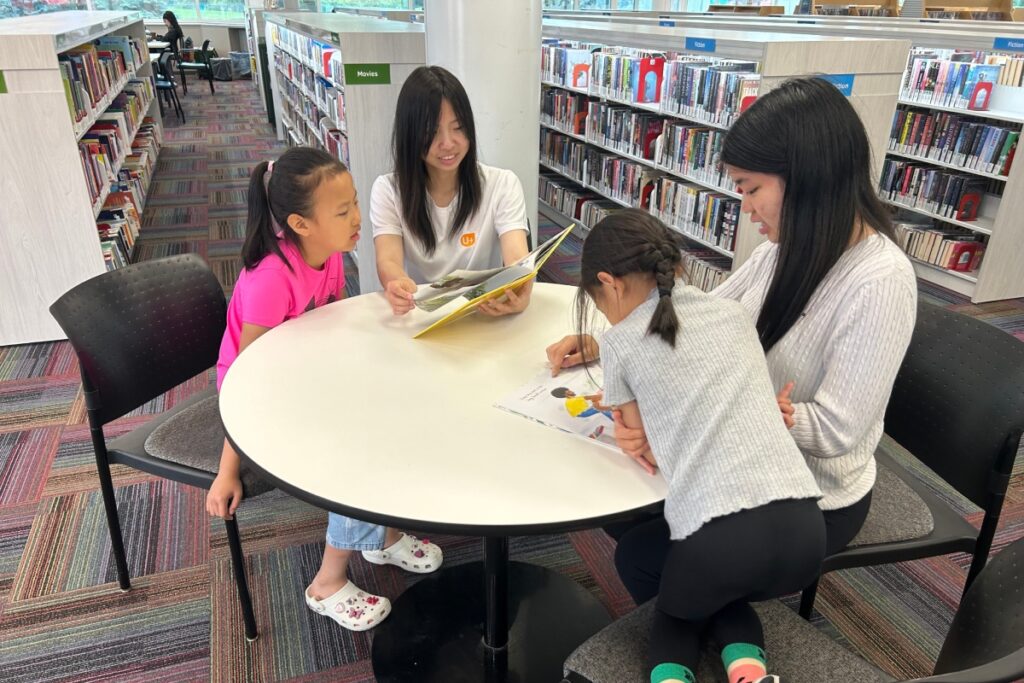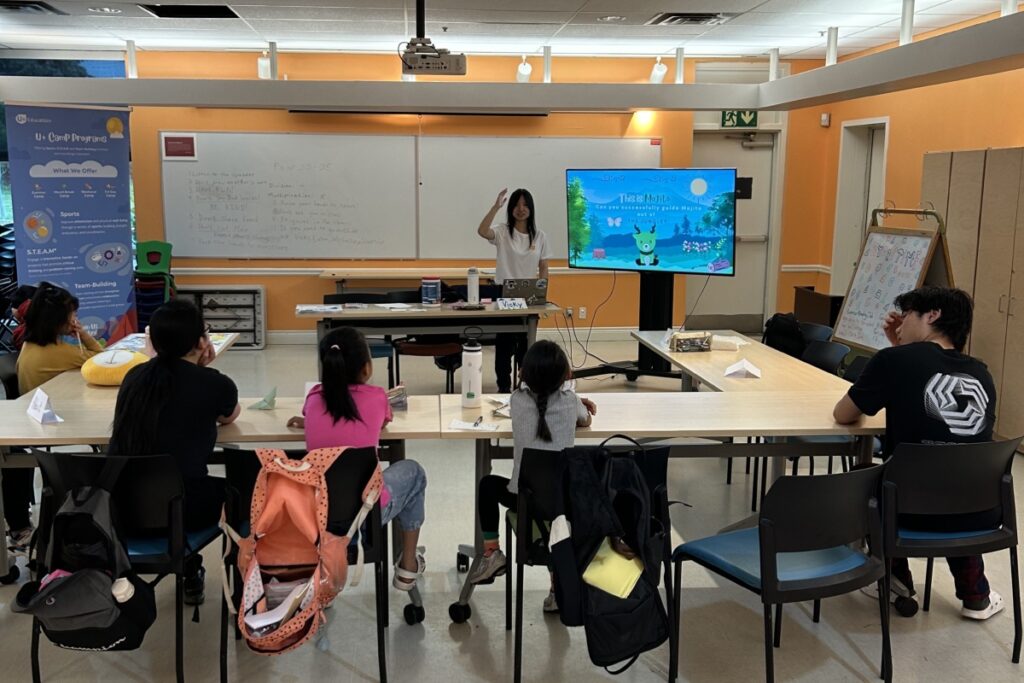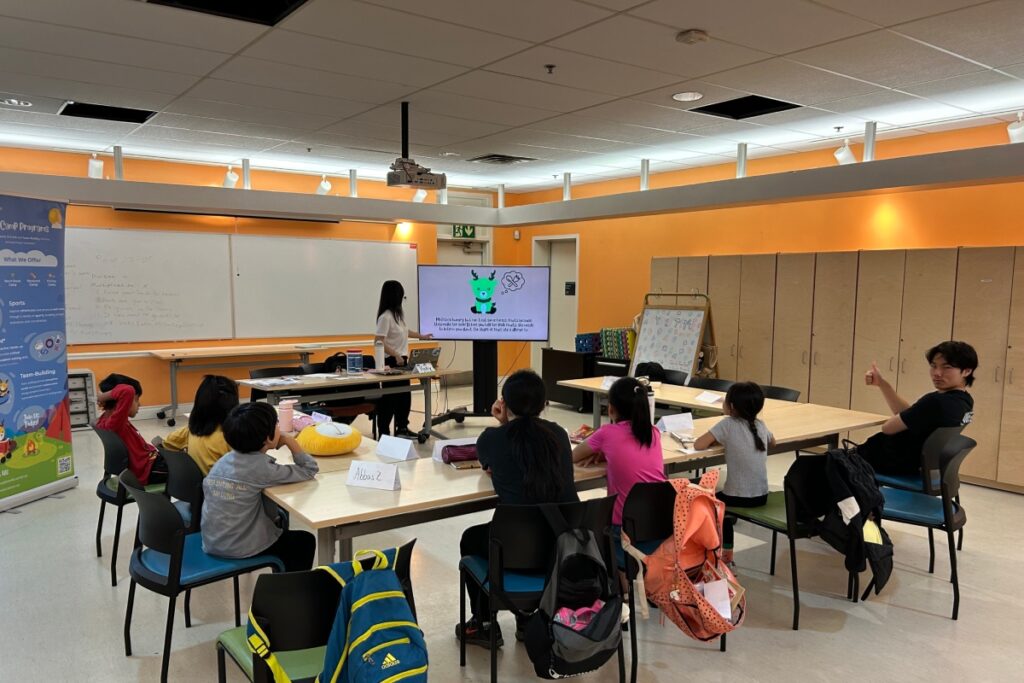
Vicky's reflection
Now that summer camp is coming to a close, explain 3 key takeaways from the experience? How will you apply it in the future?
1. Adaptability is Essential
I’ve learned that plans often need to change on the fly, especially when dealing with young children who have short attention spans. Having backup activities and being ready to switch gears when needed was crucial. This adaptability will serve me well in future situations, whether in a similar role or in different contexts. I’ll likely continue preparing for multiple outcomes and staying flexible when things are unplanned.
2. Understanding Individual
Needs I became skilled at reading the unique behaviours of each child, distinguishing between boredom and other underlying issues. This deeper understanding helped me manage the group more effectively. This ability to tune into individual needs will be valuable in any future role that involves working with people, whether it’s teaching, leading a team, or even in personal relationships. I’ll be more attuned to when someone needs support or a change in approach.
3. Patience
Working with young children requires patience, especially when they lose interest quickly. I’ve developed the ability to stay patient and keep trying different strategies until something clicked. Patience and persistence are universally applicable traits. In future projects or roles, I’ll likely draw on this experience to remain calm and committed, even when facing challenges or slow progress.
Describe one of the biggest challenges you faced, how you overcame it, and what you learned from it.
Troublesome kids often push boundaries, test limits, and require more attention than others. They might disrupt games, refuse to participate, or provoke arguments. Managing these behaviours can be exhausting, especially when you’re trying to keep the group engaged and activities running smoothly. The challenge lies in balancing discipline with understanding, ensuring the child doesn’t feel alienated while maintaining control of the situation. I’ve found that establishing clear and consistent boundaries was a good approach. Troublemakers often test limits, so consistently enforcing rules in a calm and fair manner helped them understand what was acceptable. Over time, they likely began to respect these boundaries, knowing that they applied equally to everyone.

To close off the term on a high note, what were 3 highlights from your time at YRES?
My first highlight of the term was the first day at Stonebridge where all the university co-op students met. It was a highlight because it was a day where I made a lot of new friends that I would be spending a lot of time with for the next 4 months. My second highlight was a work outing I had with my fellow counsellors at MDHS. It was a very cool experience to have all started off as just coworkers to becoming friends. My third highlight was doing art periods with campers because they would often ask to do it with the counsellors and volunteers, so it was a good opportunity to do some activities that I may not have been able to do if I was not at camp.

What is some advice/tip that you would offer to future staff?
Take your time to thoroughly understand each task and don’t be afraid to ask questions.
Please nominate someone who deserves the employee of the month award and explain why briefly. You can nominate more than one person.
I nominate Christina and Dorothy for their superb work at managing such a large camp location at Stonebridge P.S.

